cultural control
-
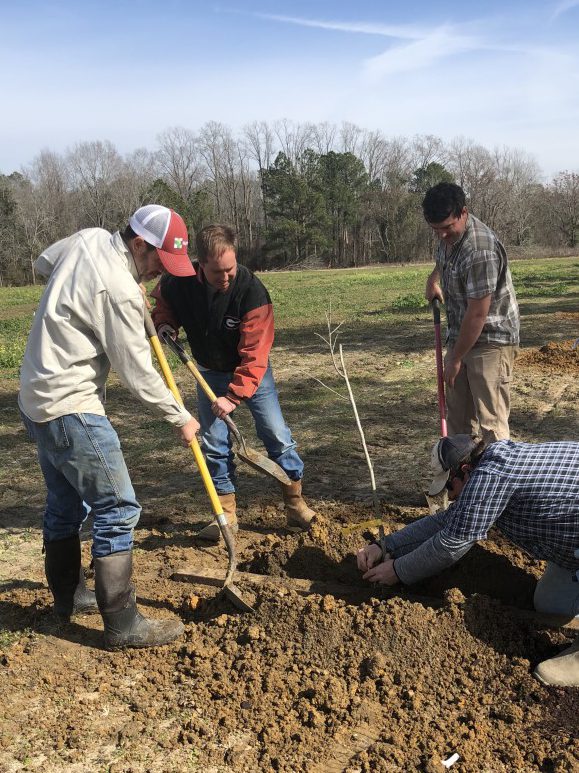
Written By: Emily Cabrera, IPM Communications CoordinatorExpert Source: Andrew Sawyer, Southeast District Area Pecan Agent After a year of thoughtful planning and collaboration, young pecan trees have finally been planted in what will serve as both long-term research plots and short-term demonstration plots at the University of Georgia Vidalia Onion and Vegetable Research Center in…
Posted in: cultural control, Demonstration, disease, disease resistant varieties, Irrigation, Pecan, Research, Variety Selection, weeds -
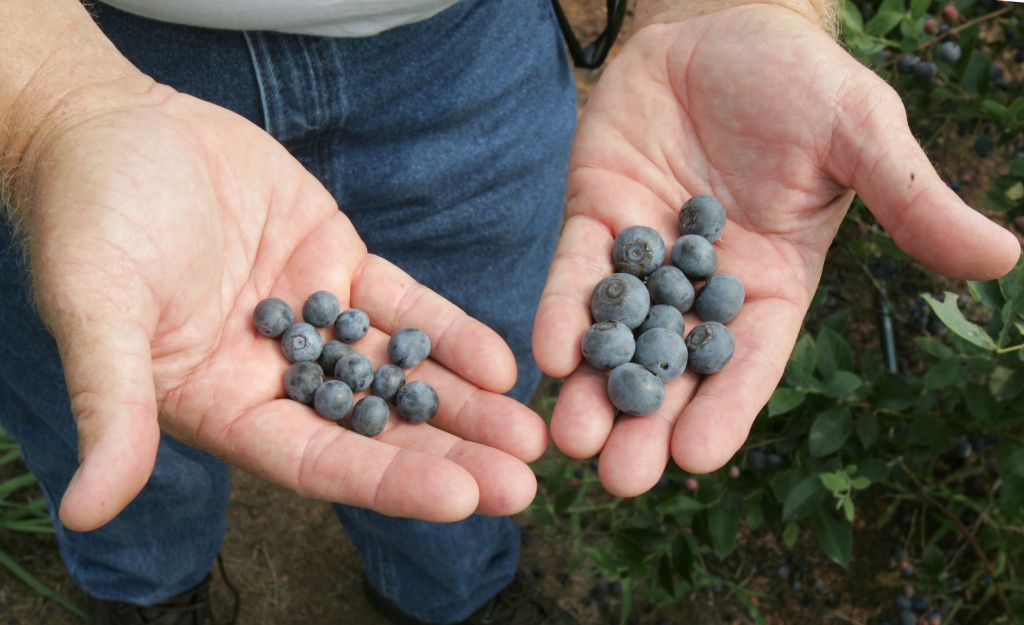
Interested in learning about integrated pest management options for blueberries? Need pesticide credits? Register for the Virtual Extension IPM Blueberry Field Day and join in next Tuesday, April 7th, 2020 from 10:00 am – 12:00 pm (EST). Register at: https://attendee.gotowebinar.com/register/1714103849236858380
-
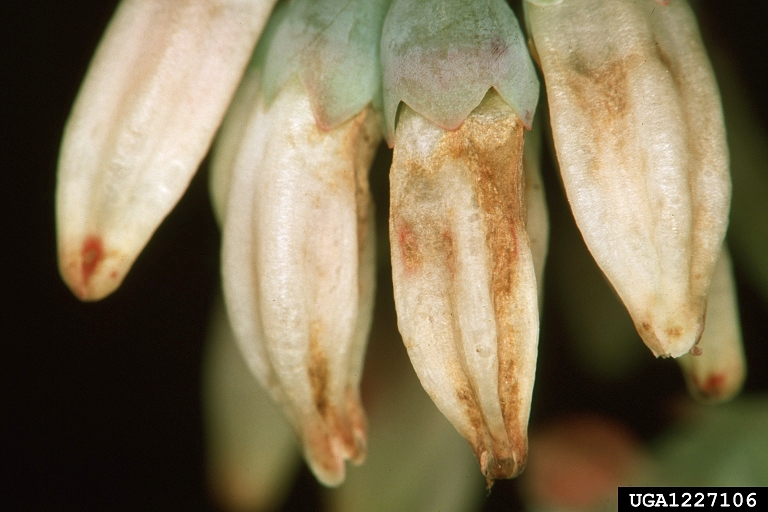
Dr. Ash Sial, Blueberry Entomologist and UGA IPM Program Coordinator Blueberry, blackberry, raspberry, and strawberry growers throughout the southeast region and nationally are invited to attend an upcoming stakeholder listening session where they will be asked to share their experiences, concerns and needs with researchers regarding thrips management in their small fruit production systems. The session will…
Posted in: biological control, Blueberry, chemical control, commercial, cultural control, insect pests, Monitoring -
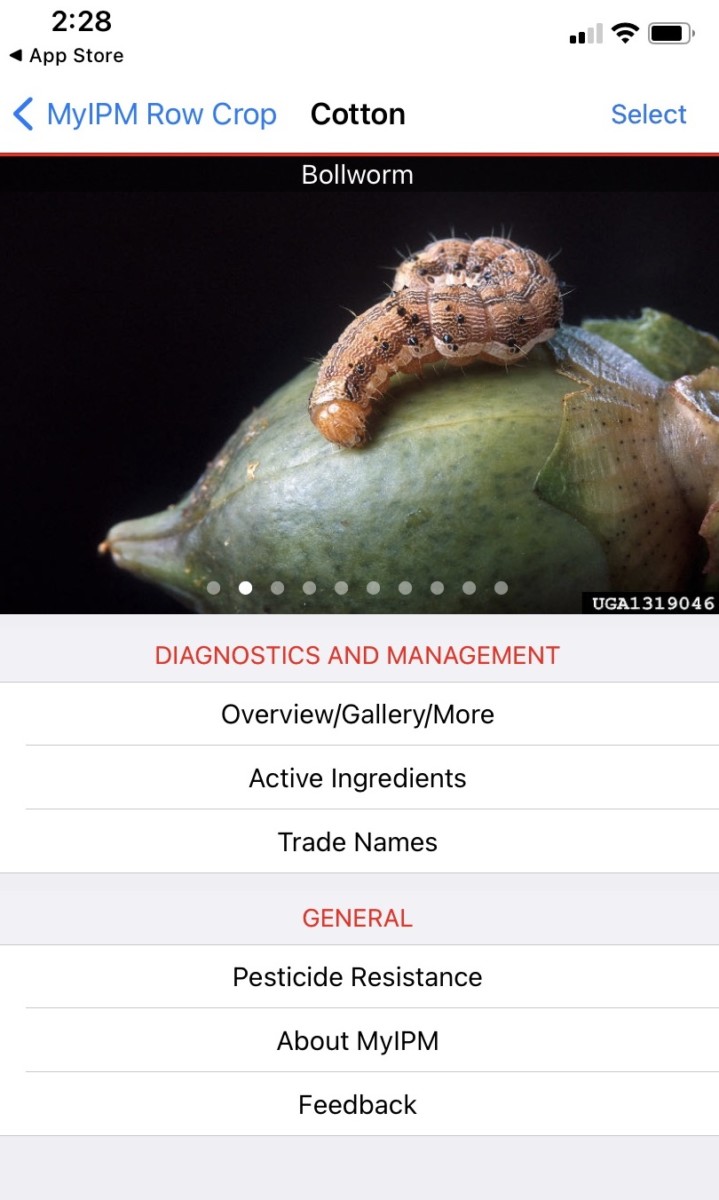
Written by: Emily Cabrera, UGA IPM Communications CoordinatorExpert/Source: Dr. Brett Blaauw, Assistant Professor & Peach Specialist, University of Georgia A new insect wreaking havoc in your cotton field? Troublesome disease in your peanut stand you don’t recognize? No idea where to start? Well, there’s an app for that. This year, farmers have a new tool…
-
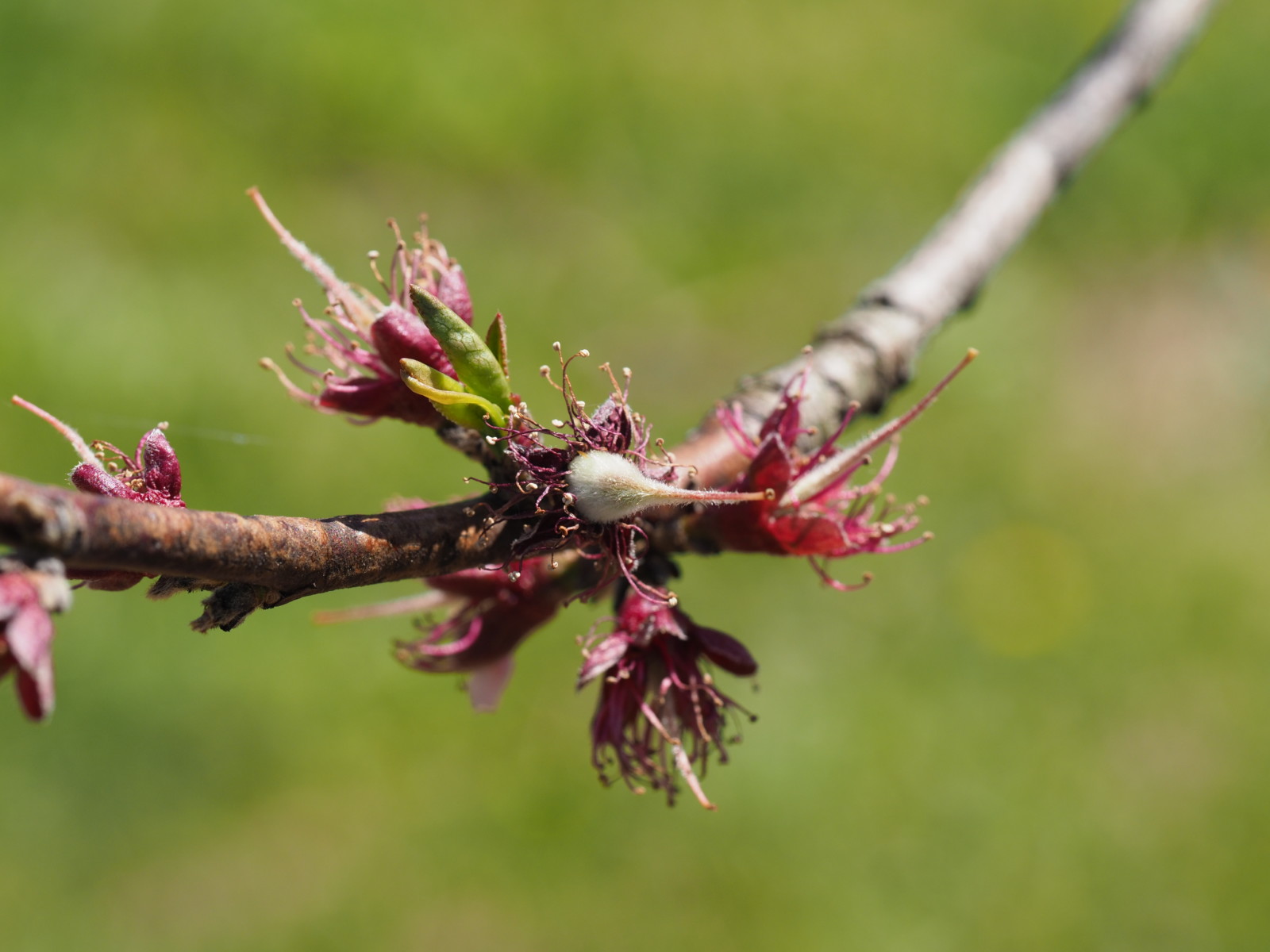
Written By: Emily Cabrera, IPM Communications CoordinatorExpert/Source: Dr. Brett Blaauw, Peach Entomologist With the onset of warmer, longer days, an array of pink blooms from peach, cherry, and plum trees break forth – the first signs of spring. And while most of us enjoy this seasonal shift, fruit tree growers prepare their orchards for the…
Posted in: chemical control, commercial, cultural control, homeowner, insect pests, Monitoring, Peaches, Prevention -
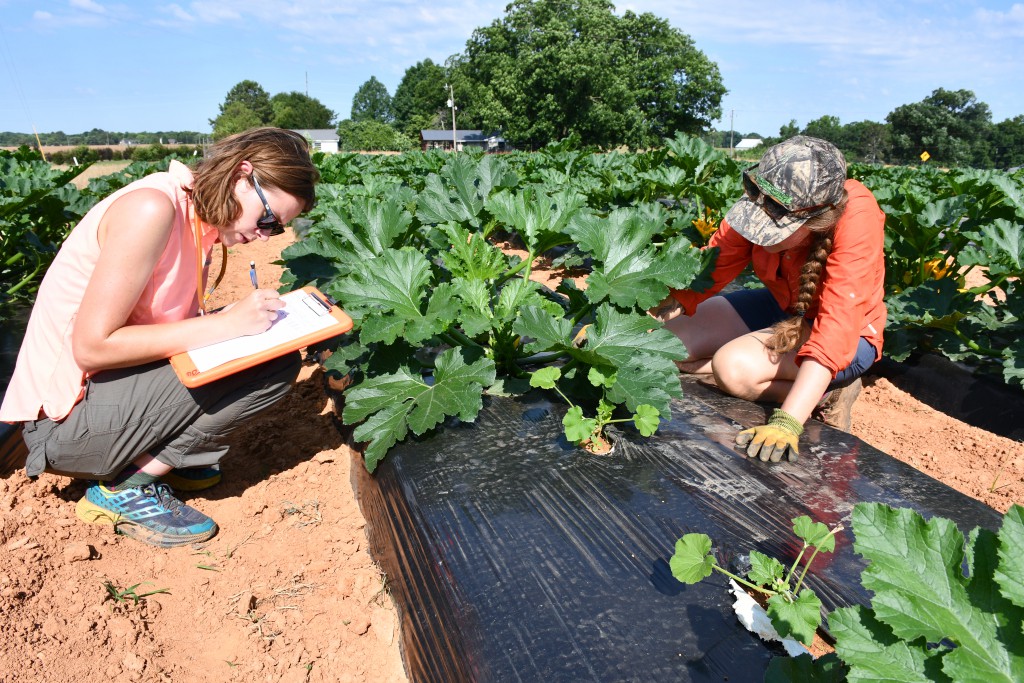
Written By: Emily Cabrera, IPM Communications CoordinatorExpert/Source: Dr. Carmen Blubaugh, Allison Stawara, Christiana Huss, Jon Golan, Julia Berliner Organic farmers in the southeast may have struggled to find resources and support to help combat pests, but now University of Georgia Insect Ecology professor Dr. Carmen Blubaugh and her team is on the case researching ways…
Posted in: beneficials, biodiversity, biological control, cover crops, cultural control, insect pests, organic, Research, vegetables -

A new in-service training series is set to begin this fall that will provide Extension agents in the southeast with the latest information on integrated pest management within various commodity areas. Trainings will be led by specialists from the University of Georgia with invited speakers from institutions within the Southern Region Small Fruit Consortium (SRSFC).…
-
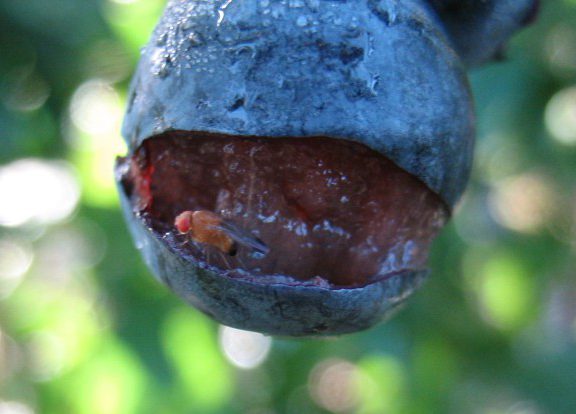
Written By: Ash Sial, University of Georgia Blueberry Entomologist The spotted wing drosophila (SWD), Drosophila suzukii (Matsumura) (Diptera: Drosophilidae) is an invasive and economically important pest of many soft-skinned fruits such as blueberries, blackberries, raspberries, strawberries, cherries, and other. Since its first detection in California in 2008, SWD spread rapidly across the United States. It…
Posted in: Blueberry, chemical control, commercial, cultural control, insect pests, Monitoring, organic -
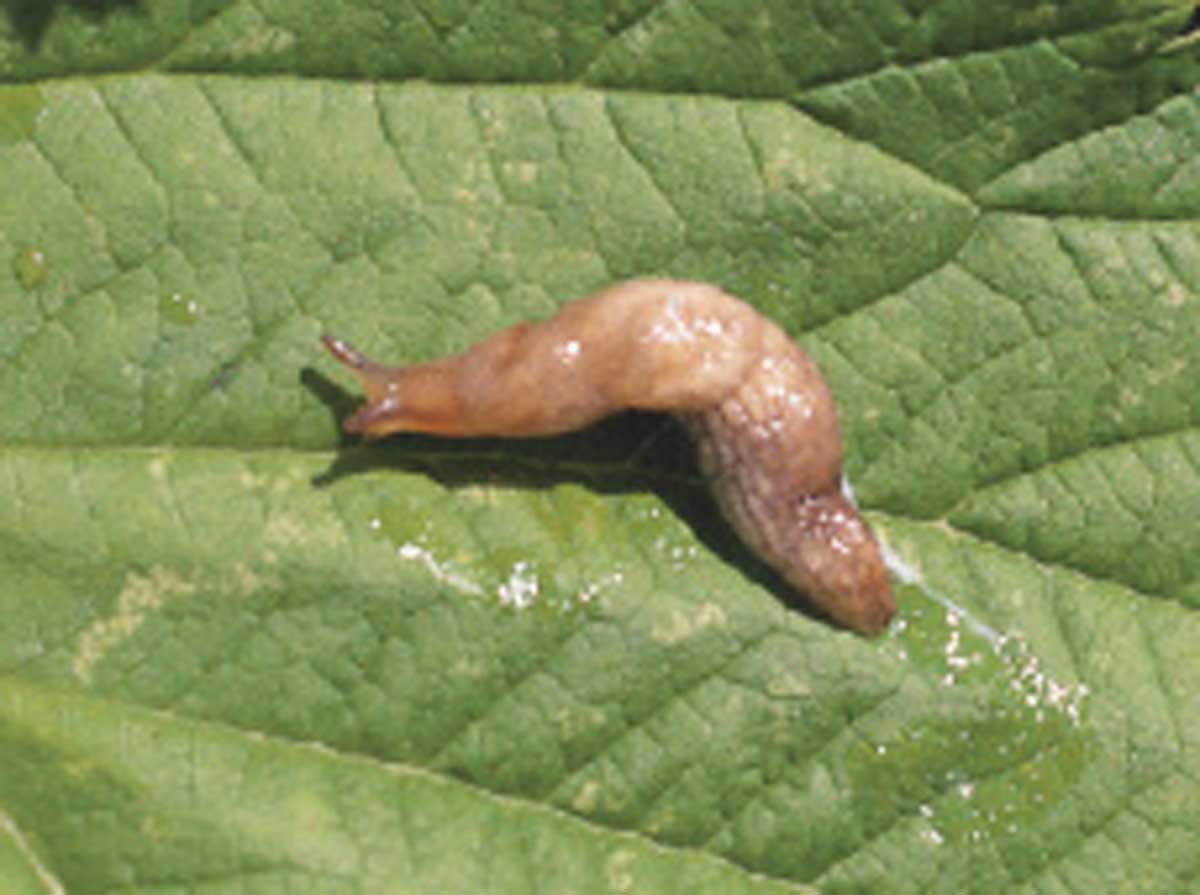
Ash Sial, Department of Entomology, University of Georgia;Renee Holland, UGA Extension, Bacon County I have recently received reports of slug infestations in Georgia blueberries. A number of slug species including Limax spp., Arion spp., and Deroceras spp. are known to infest blueberries. Slugs are soft-bodied mollusks without a shell. They can be 0.25-10 inches long.…
-

Written By: Jonathan Oliver, Fruit Pathologist Organic food sales topped $50 billion in the United States in 2018. Statistics from the Organic Trade Association tell part of the story of this growing market: Fruits, vegetables and other specialty crops combined to make up 36.3% of total organic sales up 5.6% from the previous year. Naturally,…